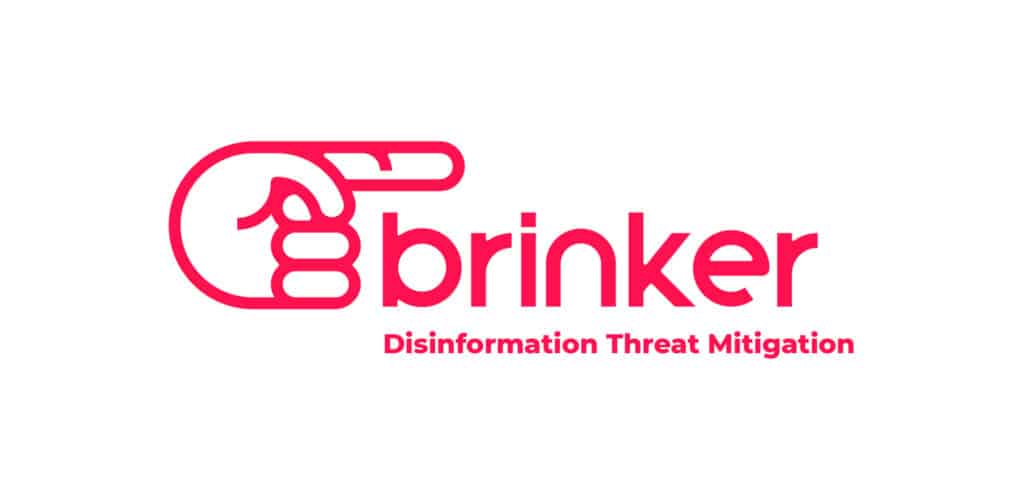The data on exactly how many Internet of Things devices will be online by the end of the decade is a matter of debate. Cisco famously put the number at 50 billion by 2020, though Morgan Stanley thinks it could be as high as 75 billion. The analyst firm IDC estimates the number at 50 billion. But others have put the number lower. Gartner puts the number of connected things at around 30 billion by 2020. We might all be better off taking a cue from McDonald’s and just start using the phrase “billions and billions” by the end of the decade. As with McDonald’s hamburgers – the exact number doesn’t really matter, so long as everyone agrees that it’s going to be big. Really big. But all those devices – and the near-limitless IPV6 address space that will accommodate them – do present a management and governance problem: how […]
Tag: Google
Obama Administration: Speak Up On Trusted ID Plans!
The Obama Administration is throwing its weight behind two federal efforts to increase the use of so-called “trusted identities” online as a way to combat consumer fraud and threats to critical infrastructure. Writing on the White House blog on Monday, Michael Daniel, the Obama Administration’s cyber security coordinator said that the current system for managing online identities (user IDs and passwords) is “hopelessly broken,” and that the stakes are getting ever higher for breaches. “While today it might be a social media website, tomorrow it could be your bank, health services providers, or even public utilities,” he wrote. Daniel said two federal initiatives aim to tip the scales in the direction of stronger and more secure online identities, but that more public engagement is needed to ensure that what is produced by those projects gets adopted. Specifically: Daniel highlighted two NIST-led efforts: the National Strategy for Trusted Identities in Cyberspace (NSTIC), […]
FTC Settles With Flashlight App Maker Over Geotracking
The Federal Trade Commission (FTC) announced on Thursday that it settled with the maker of a popular Android mobile flashlight application over charges that the company used deceptive advertising to collect location and device information from Android owners. The FTC announced the settlement with Goldenshores Technologies, LLC of Moscow, Indiana, makers of the “Brightest Flashlight Free” Android application, saying that the company failed to disclose wanton harvesting and sharing of customers’ location and mobile device identity with third parties. Brightest Flashlight Free is a top download from Google Play, the main Android marketplace. Statistics from the site indicate that it has been downloaded more than one million times with an overall rating of 4.8 out of 5 stars. The application, which is available for free, displays mobile advertisements on the devices that it is installed on. However, the device also harvested a wide range of data from Android phones which […]
Two Million Passwords Stolen From Facebook, Twitter, ADP
The passwords to access more than two million online accounts have been recovered from a server that is part of the command and control network for the Pony botnet, a large and active network of infected computers, according to a blog post from the security firm Trustwave. The company said that it found a cache of approximately two million compromised accounts, most from popular online services such as Facebook, Yahoo, Google and Twitter. More concerning: the cache also contained tens of thousands of credentials for FTP (File Transfer Protocol) servers, remote desktop and secure shell (SSH) accounts, and a site belonging to ADP, the payments processing firm. Facebook accounts made up the lion’s share of the haul, with 318,121 user credentials discovered – 57% of the total. Yahoo was the next biggest victim, with 59,549, almost 11% of the total. Leading Russian social networking sites vk.com and odnoklassniki.ru were also in […]
At FTC Forum, Experts Wonder: Is Privacy Passé?
The U.S. Federal Trade Commission (FTC) used a one-day workshop to highlight security and privacy issues prompted by so-called “Internet of Things.” But attendees at the event may have walked away with a more ambiguous message, as prominent technologists and industry representatives questioned whether conventional notions of privacy had much relevance in a world populated by billions of Internet-connected devices. “I don’t feel like privacy is dead,” keynote speaker Vint Cerf, a Vice President and Chief Internet Evangelist at Google, told an audience at the FTC workshop. “I do feel like privacy will be increasingly difficult for us to achieve,” Cerf warned. And Cerf wasn’t alone in wondering whether that might not be such a bad thing – or even that unusual. “Is privacy an anomaly?” Cerf wondered aloud, recalling his experience living in a small, German town where the “postmaster knew what everyone was doing.” Our modern concept of being ‘alone […]






